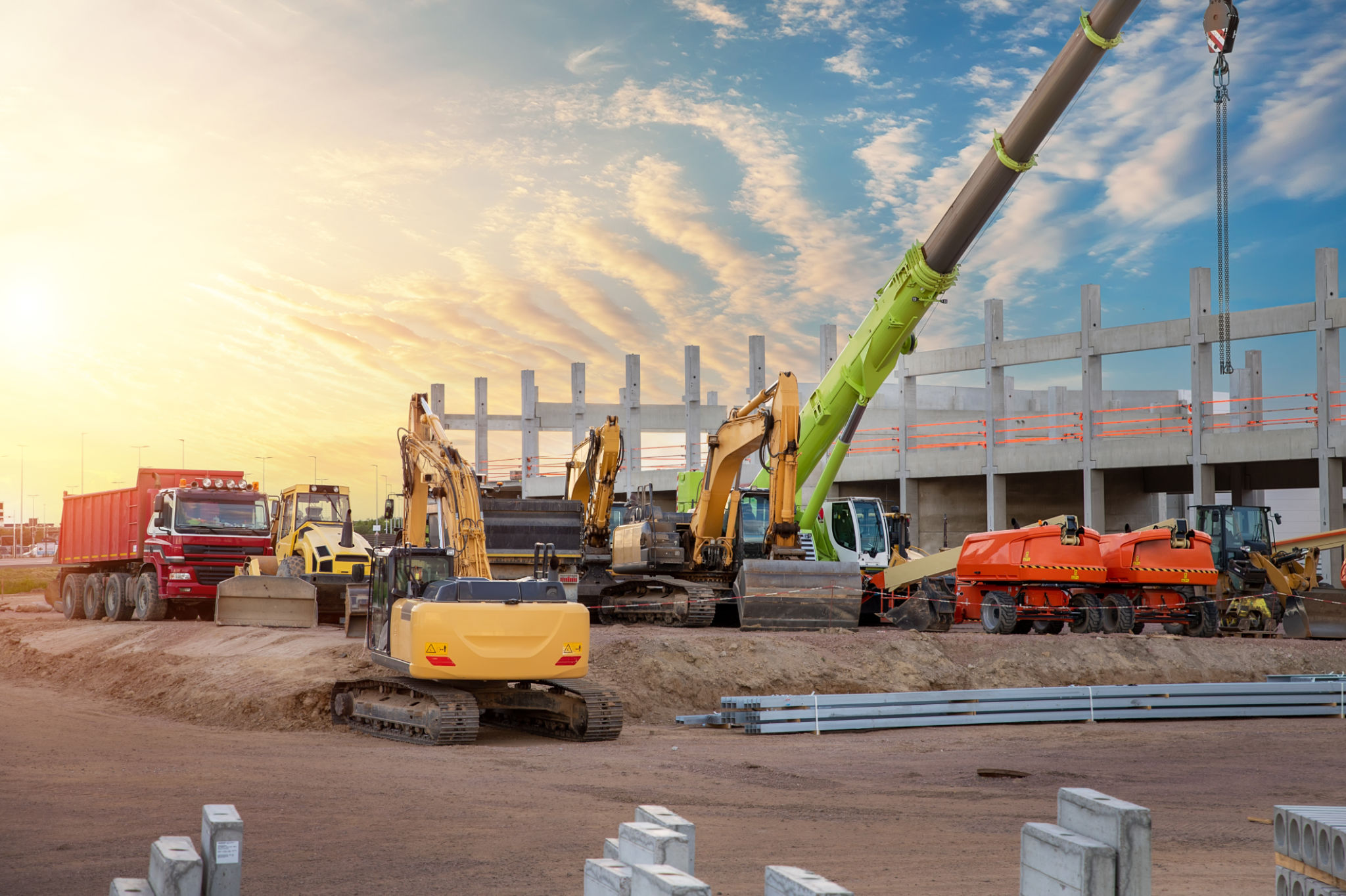

- Home
- Blog
- About Quality Demolition and Land Clearing
- Get a Free Estimate!
- FAQs: Land Clearing, Excavation & Demolition in Knoxville
- Demolition Services
- Land Clearing & Site Prep
- Emergency Debris Removal Service
- Tree & Brush Removal
- Excavation & Grading
- Demolition, Excavation & Land Clearing Services in Maryville, TN
- Mobile Home Demolition & Removal in Knoxville, TN
- Pool Demolition & Removal Services in Knoxville, TN
- Concrete & Foundation Removal
- Dump Truck Hauling & Material Delivery in Knoxville, TN | Gravel, Mulch & Dirt
- knox county demolition and land clearing
The Demolition Process: A Step-by-Step Guide
Understanding the Demolition Process
Demolition is more than just tearing down buildings. It involves careful planning and execution. People need to follow a structured process to ensure safety and efficiency. This guide will walk you through each step of the demolition process.

Initial Assessment and Planning
Before any demolition begins, a thorough assessment is crucial. People need to evaluate the structure and its surroundings. This helps in identifying potential hazards and planning the demolition accordingly. It's important to check for asbestos or other hazardous materials that need special handling.
Once the assessment is complete, a detailed plan is created. This plan outlines the methods and equipment required. It also includes safety measures to protect workers and nearby structures.
Obtaining Necessary Permits
People must obtain the necessary permits before starting demolition. These permits ensure that the demolition complies with local regulations. In Knox County, TN, specific permits are required for different types of demolition projects.
Working with local authorities helps in understanding the legal requirements. This step prevents any legal issues that may arise during the demolition process.

Site Preparation
Once permits are secured, the next step is site preparation. People need to disconnect utilities like water, gas, and electricity. This ensures safety during the demolition. Additionally, the site is cleared of any personal belongings or salvageable materials.
Fencing and signage are set up to keep unauthorized individuals away. This step is crucial for maintaining safety throughout the process.
The Demolition Process
With everything in place, the actual demolition begins. Depending on the structure, different methods are used. For smaller structures, manual demolition might be sufficient. Larger structures may require heavy machinery like excavators or wrecking balls.

People must follow the plan closely to ensure the structure comes down safely. Communication among team members is key during this phase.
Debris Removal and Site Cleanup
After the structure is demolished, debris removal is the next step. People need to sort and dispose of materials responsibly. Recycling is encouraged to minimize environmental impact.
Once the debris is cleared, the site is cleaned up. This may include leveling the ground and preparing it for future construction. A clean site ensures a smooth transition to the next phase of development.
Final Inspection and Approval
The last step is a final inspection by local authorities. They ensure that the demolition was completed according to regulations. Once approved, the site is ready for the next project.
People should keep records of all permits and inspections. This documentation is important for future reference and legal compliance.

By following these steps, people can ensure a safe and efficient demolition process. Proper planning and execution are essential for successful demolition projects.